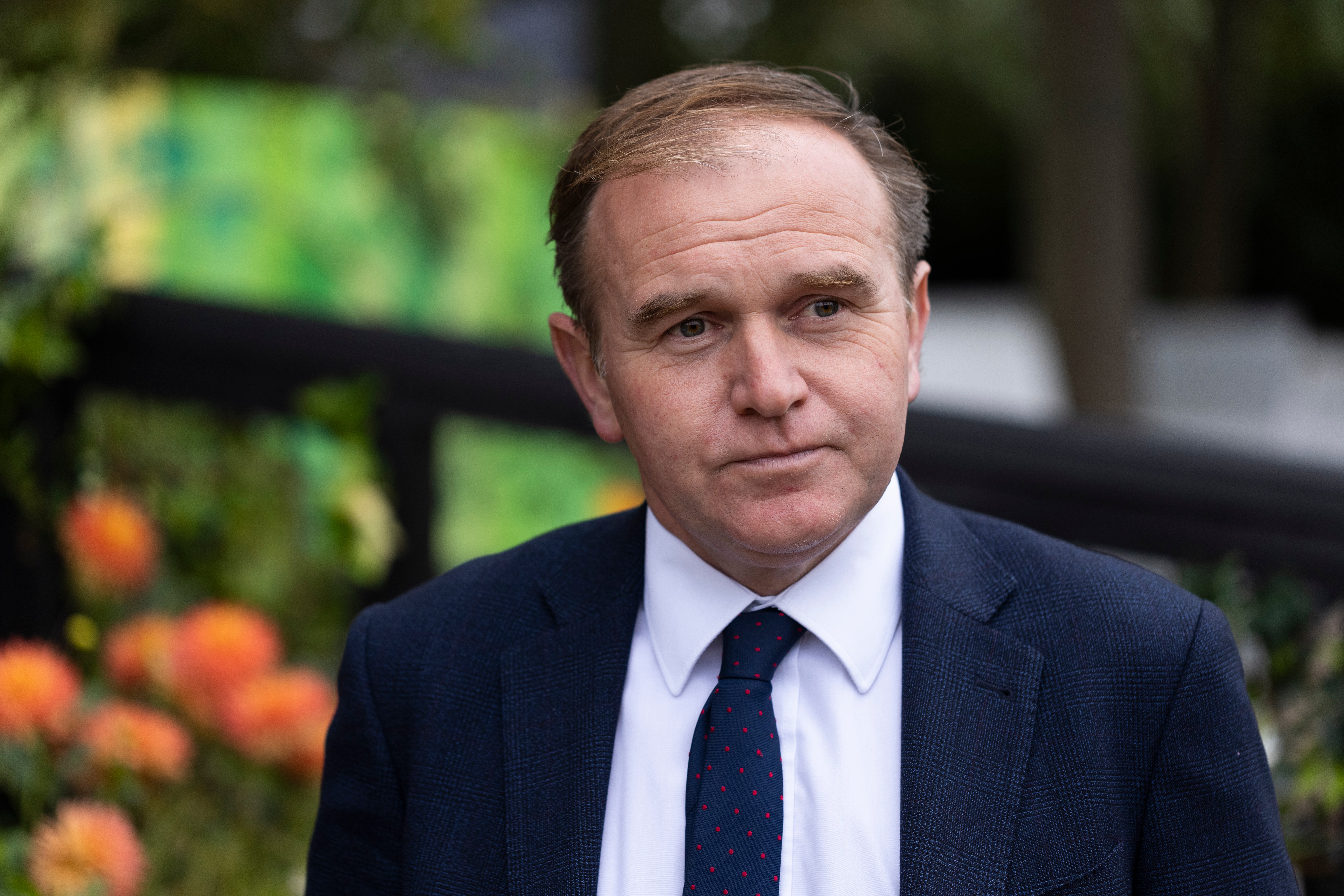Government deal with carbon dioxide plant could cost taxpayers ‘tens of millions’, cabinet minister admits
Cabinet minister says food industry will ‘sharp rise’ in cost of Co2

Your support helps us to tell the story
From reproductive rights to climate change to Big Tech, The Independent is on the ground when the story is developing. Whether it's investigating the financials of Elon Musk's pro-Trump PAC or producing our latest documentary, 'The A Word', which shines a light on the American women fighting for reproductive rights, we know how important it is to parse out the facts from the messaging.
At such a critical moment in US history, we need reporters on the ground. Your donation allows us to keep sending journalists to speak to both sides of the story.
The Independent is trusted by Americans across the entire political spectrum. And unlike many other quality news outlets, we choose not to lock Americans out of our reporting and analysis with paywalls. We believe quality journalism should be available to everyone, paid for by those who can afford it.
Your support makes all the difference.A government deal subsiding a US-owned fertiliser firm providing carbon dioxide to British businesses could cost taxpayers “tens of millions” of pounds, a cabinet minister has admitted.
The agreement will be in place for three weeks and business secretary, Kwasi Kwarteng, insisted last night it would avert “disruption” in critical industries that rely on a stable supply of Co2 — adversely affected by spiralling energy costs.
It comes after CF Fertilisers, which produces around 60 per cent of Co2 in the UK, suspended operations last week because of global costs of gas, leading to alarm that consumers could be facing shortages of some foods within days.
Speaking on Sky News, George Eustice, the environment secretary, said lawyers were still working on the “final details” of the deal brokered last night, but said: “It’s going to be into many millions, possibly the tens of millions, but it is to underpin some of those fixed costs”.
“It’s going to be temporary,” he added. “At the end of the day we need the market to adjust.”
He also suggested the food industry would have meet a significant increase in the price of carbon dioxide, “probably going from something like £200 a tonne eventually to closer to £1,000 a tonne, so a big, sharp rise”.
In a separate interview with LBC Radio, Mr Eustice also attempted to insist the deal on Co2 supplies would ensure “Christmas is safe” — despite the deal lasting just three weeks.
“Christmas is safe, of course,” the cabinet minister said. “But there are challenges in the food supply chain, I’m not denying that. That lack of availability, pressure on logistics — all of these are causing some stresses.
“It does mean that in some areas the degree of choice in some supermarkets is down slightly on what it would normally be. But we are working with the industry to make sure that we get all the food that we need on the shelf for those all-important weeks running up to Christmas”.
Welcoming the agreement, Iain Wright, the chief executive of the Food and Drink Federation, who has been warning that consumers could see shortages on supermarket shelves within days.
“I think it’s a temporary solution but it’s a welcome one,” he said. “And means there won’t be many noticeable shortages on the shelves, although there are already some because of staff shortages.”
Mr Wright, who said the industry needs to “get its act together”, also warned that although food would continue to enter warehouses in the lead-up to Christmas, the “supply chain is so fragile that any other shock might do it in as well”.
Announcing the deal last night, Mr Kwarteng added: “This agreement will ensure the many critical industries that rely on a stable supply of CO2 have the resources they require to avoid disruption.
“The quick and decisive action we have taken to resolve the issue shows the seriousness with which we have approached it. In our ongoing response to manage the impact of global gas price rises, we will continue to protect businesses and consumers.”
Subscribe to Independent Premium to bookmark this article
Want to bookmark your favourite articles and stories to read or reference later? Start your Independent Premium subscription today.
Join our commenting forum
Join thought-provoking conversations, follow other Independent readers and see their replies
Comments